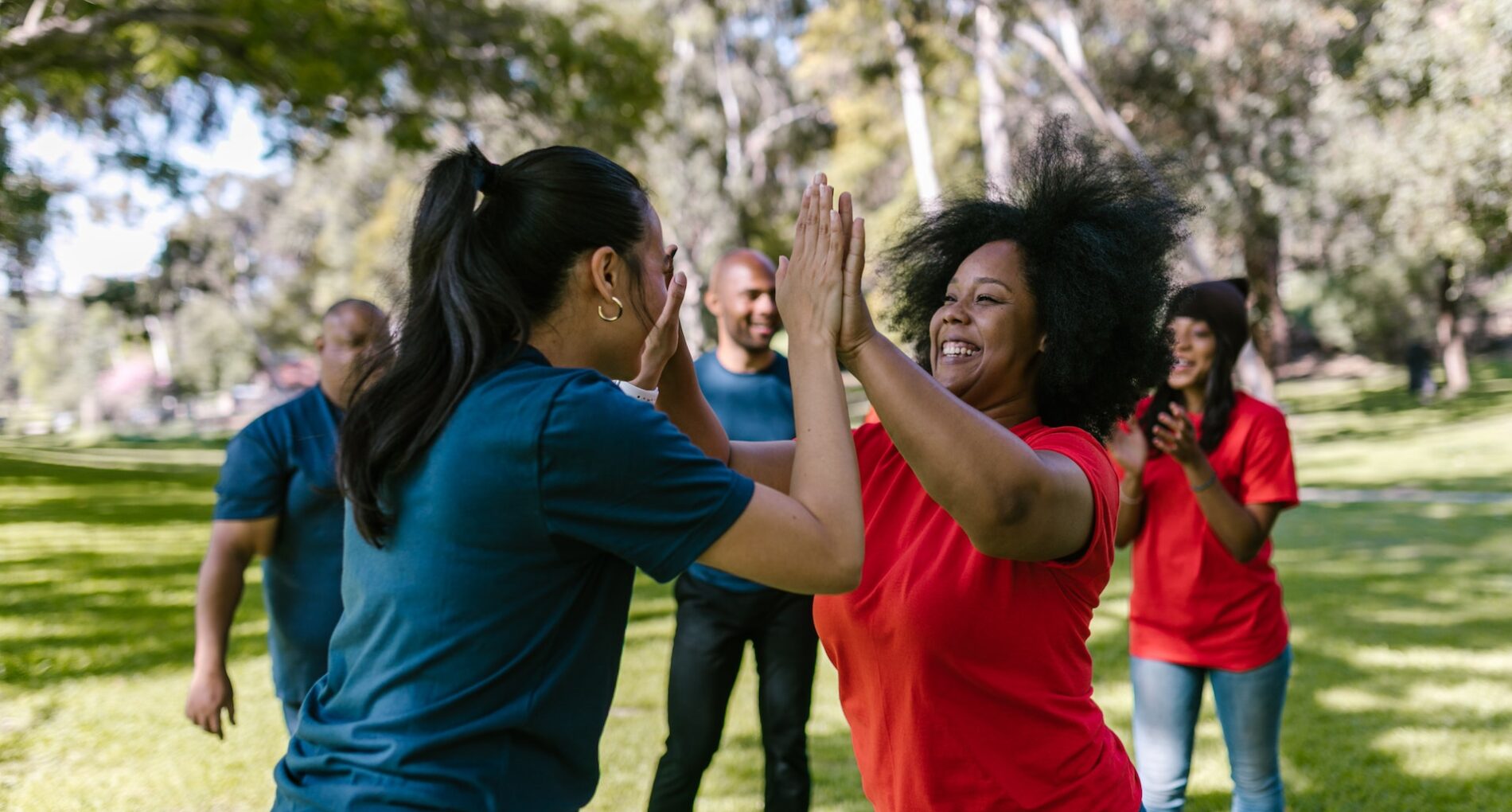
FAQs
Frequently Asked Questions
Answers to the most common questions
We’ve collected our answers to the most common questions about Disability Working Group.
Still no luck? We can help!
Contact us and we’ll get back to you as soon as possible.
DWG is a network of national and international organizations, government agencies, and disability groups working together to manage humanitarian and developmental responses for persons with disabilities in Borno, Adamawa, and Yobe States in northeast Nigeria.
Disability inclusion is vital as it addresses the vulnerabilities of persons with disabilities in the context of poverty and exposure to conflict. It ensures equal access to rights and opportunities, promoting a more inclusive society.
The prevalence of disability in the region is significant, with varying estimates from different studies. However, there is a recognized need for accurate and current data to better understand the population’s composition and needs.
DWG aims to strengthen disability-inclusive programming, advocate for policy changes, and collaborate with government agencies to improve the overall socio-economic conditions for persons with disabilities.
The Government has categorized disabilities into seven types: Physical Impairment, Hearing Impairment, Visual Impairment, Vocal and Speech Disability, Mental Disability (Intellectual Disability, Mental Illness, Autism), and Multiple Disability.
DWG actively engages in advocacy and lobbying efforts with government bodies, including ministries of health, education, and social welfare. The group collaborates to ensure the effective implementation of disability-related laws and policies.
Membership is open to national/international organizations and government agencies specifically working for persons with disabilities. Interested organizations must meet criteria such as legal registration, a focus on disability inclusion, and at least five years of work in the field.
DWG aims to strengthen member organizations’ capacity, create coordination and collaboration among activities, advocate for disability inclusion in public policies, engage with government ministries, and improve data availability on disability.
DWG follows an annual plan of action with allocated financial responsibilities. Participating members contribute funds voluntarily, and the committed funds are spent directly on organizing events and activities.
DWG meets monthly, with ad hoc meetings called as needed. The Coordinator, selected by participating members, leads the meetings. The Director of the Ministry of Women Affairs and Social Development chairs the discussions.
Criteria include legal registration, leadership by persons with disabilities, at least five years of work for disability inclusion, a person with a disability on the board, and an intentional focus on disability inclusion. New members must actively participate for at least two years.
Sign up for the DWG newsletter.
Receive emails containing event announcements, & special issues...
Dedicated Community of PWD

DWG-NGA
Join us in our mission to create a more inclusive and accessible future. Whether you’re an individual, organization, or policymaker, there are various ways to contribute. Discover volunteering opportunities, learn about our campaigns, and find out how you can make a difference.